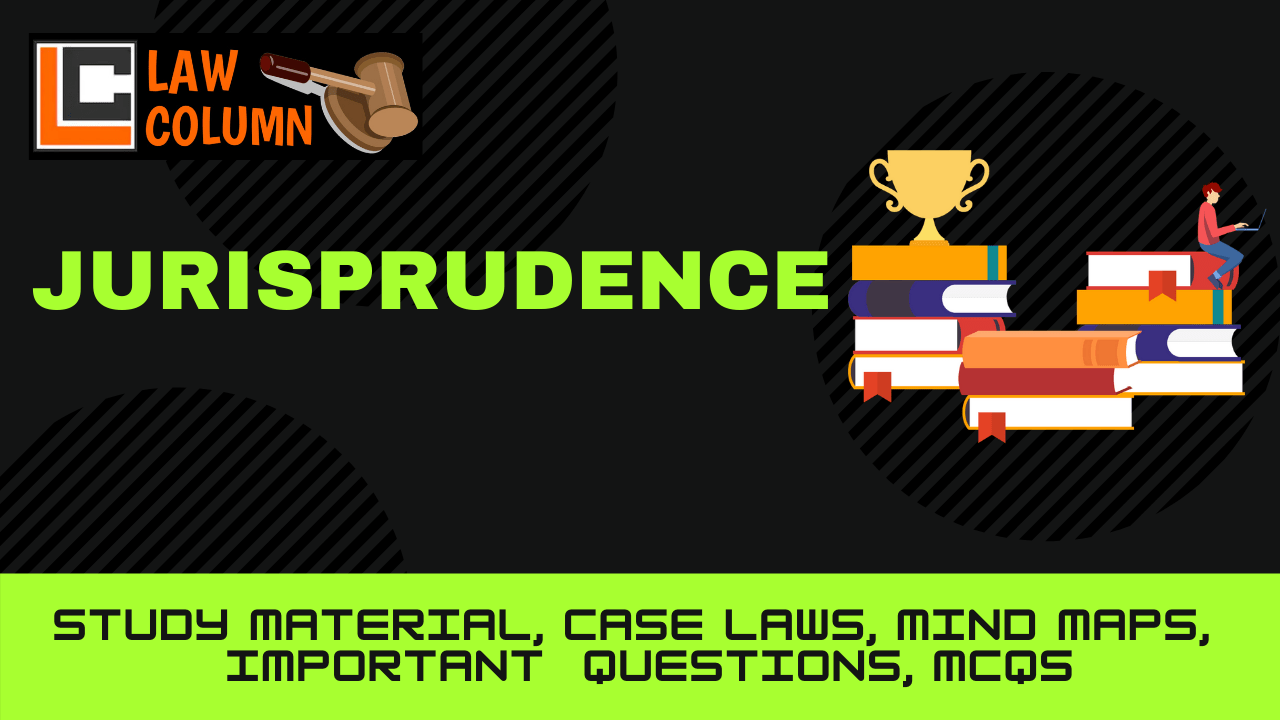Table of Contents
Hohfeld’s Theory of Jural Relations
The goal of Wesley Newcomb Hohfeld’s endeavor was to explain the legal connections between the parties involved. He lays up an analytical framework that divides rights into four different types of legal interactions. This approach of breaking down the concept of a right into its essential parts has several advantages. It is because of this simple and exact technique that it is not only elegant and appealing but also necessary for anybody seeking to make an educated evaluation of the legal situation between the parties.
Prof. Wesley Newcomb Hohfeld stressed the need for analytical jurisprudence in the legal profession on several occasions. He argued that in order to comprehend and implement the law correctly and precisely, every legal practitioner need have a fundamental knowledge of analytical jurisprudence ideas. He thought that understanding and implementing analytical jurisprudence ideas makes the work of solving legal difficulties considerably easier.
Although Hohfeld firmly believed in the value of analytical jurisprudence, he also understood that it is not an all-encompassing instrument for a legal practitioner. He highlighted that analytical jurisprudence only opens the way for other areas of the law and that only a thorough grasp of the law would aid in the search for legal answers. His idea of jural relations is one of his significant contributions to the subject of analytical jurisprudence.
Theory of Jural Relations
One of the most difficult hurdles to solving legal problems, according to Hohfeld, is the idea that all legal notions can be reduced to “rights” and “duties.” Furthermore, the aforementioned two legal principles are seen to be sufficient in assisting in the resolution of the issues. Although it may appear to be a simple matter of terminology at first glance, Hohfeld claims that in a “closely reasoned (legal) situation,” such an issue might lead to a lack of clarity in ideas and communication. He defines rights, privileges, authority, immunity, no-rights, responsibility, disability, and liability as eight essential legal ideas.
He then divides them into two categories: “jural opposites” and “jural correlatives.” Every pair of correlatives must be present at the same time, and no pair of opposites can coexist. As a result, if a person has a right, he also has a responsibility. A person who has a privilege, on the other hand, cannot have a responsibility. The eight Jural Relations are the foundations of the more complicated legal relationships that law must address. Let’s take a closer look at each of the relationships one by one.
Rights and Duties
Since previously said, the phrase “rights” is one of the most misinterpreted, as anything is attempted to be classified as a right. The terms “rights” and “privilege,” “power,” and “immunity” are often used interchangeably. Hohfeld, on the other hand, believes that a careful examination of the statutes reveals a clear distinction between the various legal concepts. According to Hohfeld, the term “rights” should be limited to only that which exists in relation to duty. Rights and responsibilities are intertwined ideas, and when one is violated, the other is always violated as well.
Powers and Liabilities
Legal power is the jurisprudential polar opposite of legal incapacity and the jurisprudential inverse of legal culpability. The capacity bestowed on an individual by the law to modify or establish new legal relations is referred to as power. One can write a will or alienate one’s property; one can marry one’s deceased wife’s sister–all of these are commonly referred to as rights, but a close legal examination demonstrates that these are powers, not rights.
Immunities and Disabilities
Immunity is the legal equivalent of incapacity and the legal polar opposite of responsibility. Simply put, immunity is the absence of accountability. The difference between power and immunity, according to Hohfeld, is the same as the difference between right and privilege. According to him, a right is an “affirmative claim” made against someone, whereas privilege is freedom from such an affirmative claim. Similarly, power is the ability to exert “affirmative control” over a legal relationship, whereas immunity is the ability to be free of such control.
Privilege and No-rights
Privilege, according to Hohfeld, is the legal polar opposite of obligation. According to him, privilege is the absence of responsibility. The negation of obligation occurs only when the substance of both the duty and the privilege are diametrically opposed. The privilege of entering, for example, might nullify a responsibility not to enter. Right is the correlate of duty. Similarly, there is a correlative to privilege. However, because there is no specific name to describe the situation, Hohfeld has opted to call it a “no-right.”
Conclusion
Hohfeld’s study has certain beneficial aspects that should not be disregarded. His method has improved our understanding of the ideas of “rights” and “duties,” notably through his detailed comparisons. He has called attention to the legal implications that may arise from the existence or lack of specified rights, responsibilities, and other obligations. The impact of the study may be seen in the American Restatement of the Law of Property, which uses Hohfeld’s words to define concepts like “right,” “privilege,” “power,” and “immunity.”
Some of the most significant aspects of Hohfeld’s study of rights are discussed in this article, and his work is a crucial tool for obtaining a conceptual and practical grasp of the nature of rights. Hohfeld’s study comprises a thorough examination that aimed to represent people’s attitudes toward rights. Hohfeld’s study is of basic practical importance, despite its analytical character.
Hohfeld is widely credited for clearing up long-standing misunderstandings and providing insightful analytical clarity. His model is still used as a starting point for a lot of modern rights analysis. Moral philosophers, anthropologists, comparative lawyers, and jurists have all found it to be beneficial. Its importance stems primarily from the fact that it allows us to reduce every legal transaction (or moral connection) to a state of relative simplicity and clarity, as well as recognize its universality.
Author: Shreyas Nair,
Symbiosis Law School, Nagpur / First Year / Law

